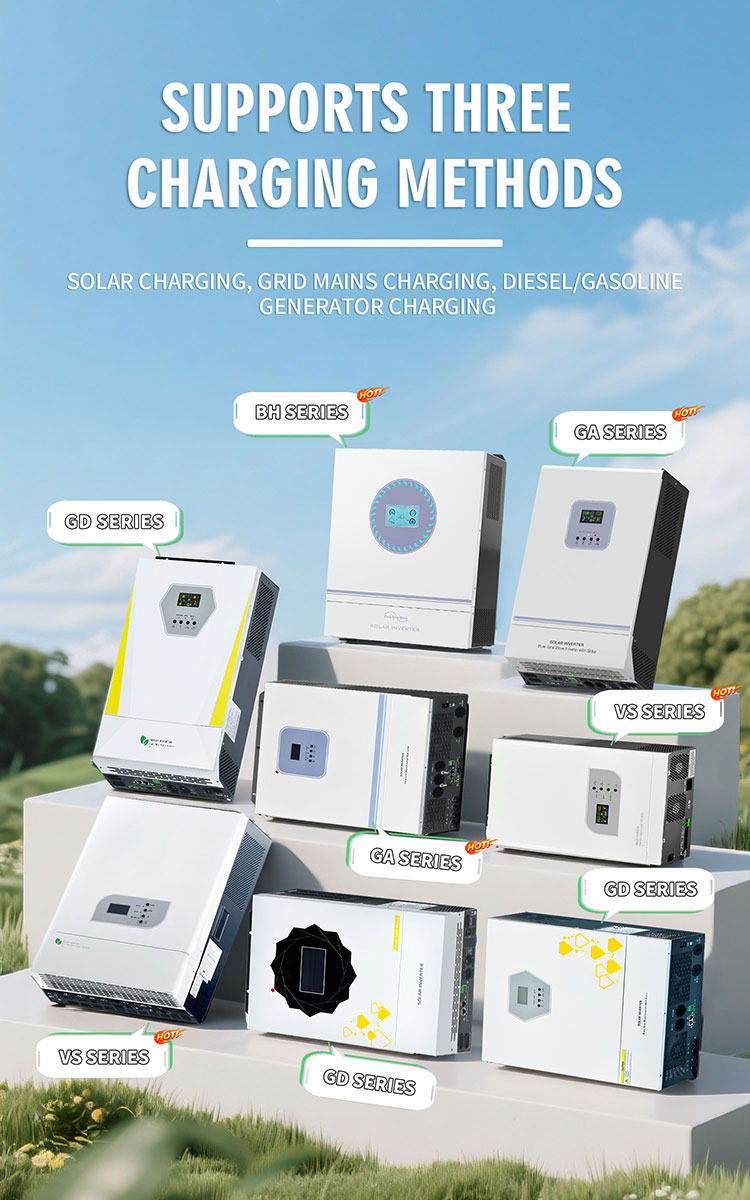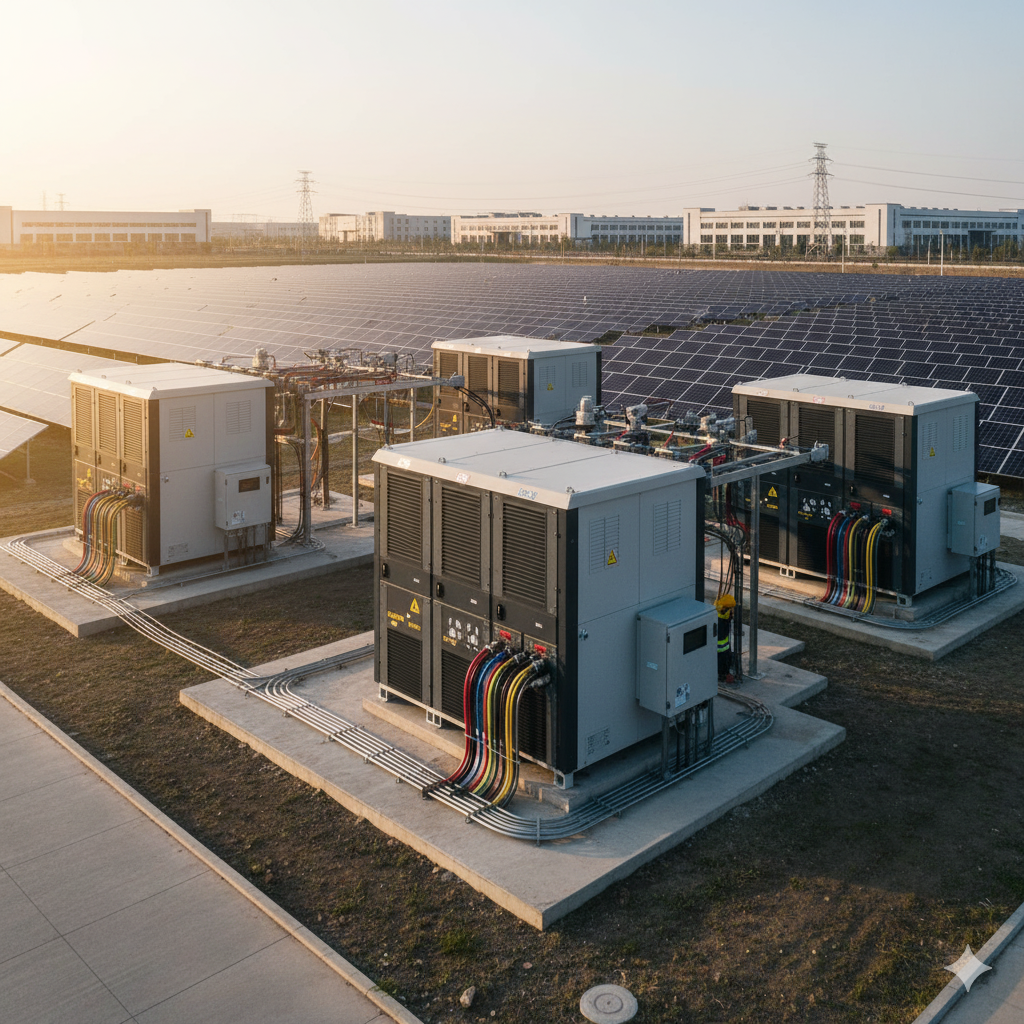
Hybrid Inverters vs Traditional Inverters: Which Is Right for You?
If you’re choosing an inverter for your solar system, the decision may seem simple—until you start thinking aboutbatteries,power cuts, andfuture expansion.
One of the most common regrets we hear at thlinksolar is this:
“I didn’t choose a hybrid inverter at first, and now I have to replace my whole system just to add batteries.”
This article helps you avoid that situation by explaining thereal differences between hybrid and traditional inverters, and how to choose the right one based on your specific needs—not just price.
What Is a Hybrid Inverter?
Ahybrid inverterworks with both the utility grid and a battery storage system. It lets you:
-
Use solar power directly during the day
-
Store excess energy in batteries
-
Use stored energy at night or during blackouts
-
Feed extra energy back to the grid (if allowed)
This makes hybrid inverters the most flexible option—especially for areas withunstable grid power or high electricity costs.
What Is a Traditional Inverter?
Traditional inverters include:
-
On-grid inverters: Connected to the utility grid, with no battery support
-
Off-grid inverters: Used in systems that rely fully on solar and battery power
While both serve specific roles, theylack the versatilityof hybrid systems.
Common Concerns from Solar Buyers
“I’m not ready for batteries now, but maybe in the future.”
→ With a hybrid inverter, you won’t need to replace hardware when you’re ready to upgrade.
“Power cuts are rare here—do I really need a hybrid?”
→ It depends. But hybrid inverters offeremergency backup, which becomes crucial when outages happen unexpectedly.
“Will a hybrid cost more?”
→ Initially yes, but it often saves money over time by avoiding future replacement or retrofit costs.
According to a2024 Solar Power Europe report, customers who start with hybrid inverters avoidup to 40% additional costswhen expanding their systems later.
Feature Comparison: Hybrid vs Traditional Inverter
| Feature | Traditional Inverter | Hybrid Inverter |
|---|---|---|
| Supports battery storage | ❌ or partially | ✅ fully supported |
| Grid-tie compatibility | ✅ | ✅ |
| Works during outages | ❌ (on-grid type) | ✅ with battery |
| Expandable for future use | ❌ or complex | ✅ plug-and-play |
| Long-term value | Limited | High |
When Should You Choose a Hybrid Inverter?
-
You plan to add batteries later
-
Your area has frequent power outages
-
You want energy independence or backup for emergencies
-
You’re building a future-proof system
In regions like Southeast Asia, Africa, and Latin America—where thlinksolar operates—grid fluctuations and blackout protectionare major reasons customers choose hybrid systems.
Even if your current grid is stable, a hybrid inverter gives youenergy security and flexibility, especially as electricity prices rise.
Customer Scenario: What the Wrong Choice Looks Like
A small business in the Philippines bought a grid-tied system without considering future upgrades. Six months later, power outages started happening weekly.
They wanted to add batteries—but their inverter didn’t support storage. The only option was a full inverter replacement, including rewiring and downtime.
Had they chosen a hybrid inverter from the start, they could have added batteries in a single afternoon—with no system disruption.
thlinksolar’s Recommendation
We always ask customers:“Do you want your solar system to grow with you?”
If the answer is yes,a hybrid inverter is the smarter choice. It covers:
-
Daily solar usage
-
Battery storage
-
Grid export (where applicable)
-
Blackout protection
-
Future scalability
thlinksolar offers a range of high-efficiency, battery-ready inverters designed for both residential and commercial use—with remote monitoring, MPPT, and international certification.
Choose the Inverter That Grows with You
Inverter selection isn’t just about what workstoday—it’s about avoiding regret tomorrow. Hybrid inverters cost a little more upfront, but they offerenergy freedom, security, and room to grow.
Explore our hybrid-ready inverter options on ourhomepage.
To get tailored advice or a quote for your project, contact ushere.



